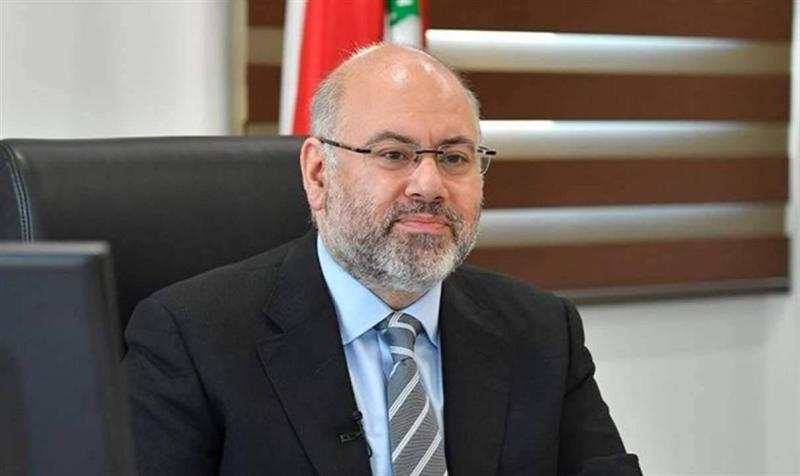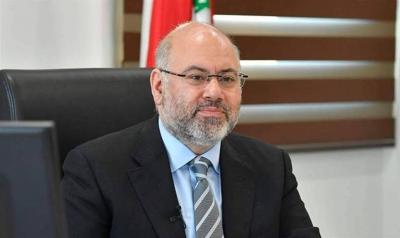The Minister of Public Health in the caretaker government, Faras Al-Abyad, participated in the first ministerial meeting on climate health at the United Nations Climate Conference (COP28) in Dubai. The meeting aimed to establish a roadmap to address the increasing burden of climate change on healthcare systems and to adopt a political declaration reflecting each country's priorities regarding climate change and health, attended by several ministers of health, environment, and finance participating in the conference.
Al-Abyad emphasized in his speech that "climate change poses an urgent risk to public health in the Middle East and North Africa, particularly in Lebanon, where the displaced population constitutes one-third of the total population. The water scarcity last year led to the outbreak of cholera for the first time in three decades, clearly indicating the negative impact of climate change on health, especially given our fragile healthcare system facing multiple crises in a resource-limited environment."
He pointed out that "despite the significant challenges, the Ministry of Public Health in Lebanon proactively launched the national strategy for health and the environment in January 2023, which notably addresses adapting our healthcare system to climate change. He explained that, with support from partners, efforts included launching the renewable energy strategy for the health sector, which has led to 50% of our government hospitals and over 70% of primary healthcare centers being equipped with solar energy. The Ministry of Public Health has also started implementing a sound health and environmental strategy for the disposal of medical waste. These measures align with our commitment to sustainable development, as called for by COP28."
He welcomed "the launch of the WHO Global Health and Climate Change Center in the Middle East and North Africa (GEOHealth Hub), which focuses on adaptation to climate change and health," stressing "the need for developed countries to recognize the disproportionate burden borne by countries like Lebanon and to support them." He stated, "Through shared responsibility and international solidarity, we can truly address the intertwined issues related to climate change and health. Since COP28 is the first conference to focus on health, we reiterate our commitment to building sustainable healthcare systems and endorse the health and climate declaration."
During the conference, Al-Abyad participated in a discussion titled "Climate-related Challenges Affecting Health in Fragile and Conflict-affected Environments: Emerging Responses to Build Adaptive Capacity," where participants shared ideas and experiences, focusing on enhancing healthcare systems' adaptability and resilience during crises. Suggestions were made to implement measures that reduce the impacts of climate change through improved infrastructure and community healthcare in fragile environments.
Al-Abyad also met with his Latvian counterpart, Hossam Abu-Mari, who has Lebanese roots, discussing the successes of Lebanese expatriates in the healthcare sector and the important partnership that can be built in this field to support the healthcare sector in Lebanon.




